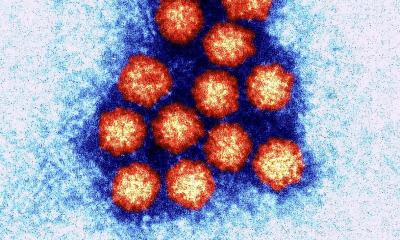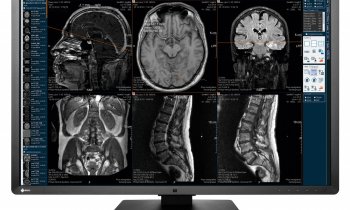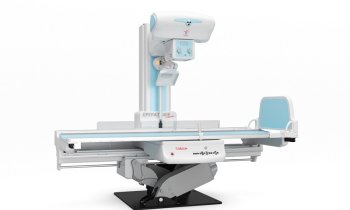Researchers pioneer treatment for viral infection
Researchers at Imperial College London have discovered a new way in which a very common childhood disease could be treated.

In the first year of life, 65 per cent of babies get infected by Respiratory Syncytial Virus (RSV). This causes bronchiolitis, and is thought to kill nearly 200,000 children every year worldwide.
In 1966 and 1967, vaccines were tested for RSV. These had disastrous effects on the immune response, leading to a worsening of the disease and, in many cases, death. Scientists have so far not been able to fully explain this effect, which continues to hold back vaccine development.
Studying this effect in mice, Imperial's Professor Peter Openshaw and his team developed a new technique which they hope might be used in tackling a wide range of other diseases including viral bronchiolitis.
In a paper published in the Proceedings of the National Academy of Sciences, the researchers examined how the RSV vaccine boosts white blood cells that respond to infection, making them flock to the lungs and blocking the tubes that supply oxygen. They found that the vaccine boosted the accumulation of these T cells, but also virtually eliminated the regulatory immune response in the lungs caused by cells known as Tregs.
Professor Openshaw said: "The reason for the vaccine's failure has been a puzzle for over 40 years. To solve it, we tested out new ideas about how the immune system slows down inflammation. If it doesn't regulate itself properly, inflammation can run out of control. This vaccine seems to have locked the accelerator in the on position and to have disabled the brakes."
Next, the team tested the effects of chemokines, proteins which cause nearby cells to move from place to place in the body. They found that when vaccinated mice inhaled the chemokines, Tregs were attracted back into the lungs where they reduced inflammation and helped to fight infection.
Professor Openshaw added "This is a very important discovery - it represents an entirely new way to treat these inflammatory diseases." If this approach were to work in patients, it could be used in a wide range of conditions in which there is excessive inflammation such as arthritis or psoriasis as well as bronchiolitis.
Openshaw's group hope that by gaining a better understanding of RSV disease they may at last be able to understand why some babies get so seriously ill, whereas others make a quick recovery. This knowledge could lead progress in reducing RSV's global impact and in the development of safe, and effective, vaccines.
This research was funded by the Wellcome Trust.
05.02.2013











